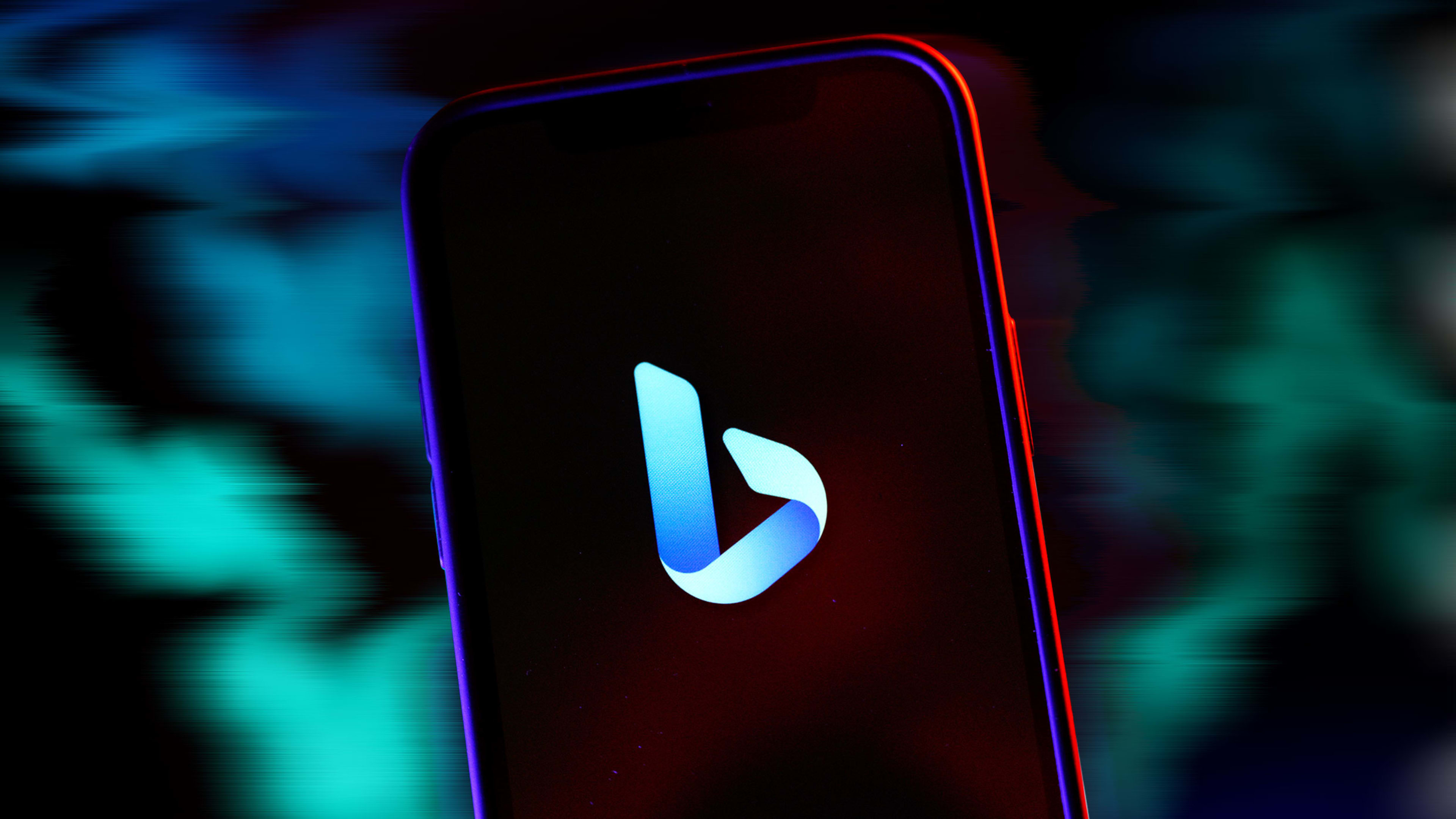Microsoft has broadened the functionality of its OpenAI-powered Bing Chat and dramatically widened the number of people who can now use the generative-AI functions in both Bing and the company’s Edge browser.
At the February launch event, Bing Chat could return only text-based results, but now its search results include images and video. Users can now save their conversations with the chatbot, meaning they can return to their search strings over time.
Microsoft has also added something like OpenAI’s “plug-in” functionality: Users can now tap into other knowledge bases for more specialized tasks—say, making reservations through OpenTable, or performing complicated math problems using WolframAlpha.
The real innovation here is speed. Microsoft originally launched Bing Chat to a very limited number of users and companies. This “preview” period was meant to teach the company some lessons about how users might want to use the new AI functions in search, and about some of the safety pitfalls they might encounter. Just over three months later, Microsoft is offering the AI-powered Bing/Edge experience to anybody who wants to try it.
Open “coopetition” with OpenAI
Microsoft seems to be fighting the AI arms race on two fronts.
Since it owns only a small slice of the search and search-advertising market, the company is keen to quickly launch new products that give people a completely new and more conversational way to find information on the web. This has clearly rattled the long-time dominant player in search, Google, which is now hurrying to add its own AI/conversational search features.
It also now appears that Microsoft is in an open “coopetition” relationship with OpenAI. Microsoft invested a large chunk of money in the ChatGPT creator, and has a large ownership share in the company. It also provides precious server clusters to support OpenAI’s research and its growing business of renting access to its various deep learning models to third parties.
But OpenAI’s ChatGPT is also used by millions to find things on the web. And with the announcement of OpenAI’s plug-ins, it also now offers users a way to do specialized tasks; at ChatGPT Plus, you’ll find plug-ins for both Wolfram Alpha and OpenTable, and many more. Advantage OpenAI.
If Microsoft wants to challenge Google for a bigger share of search advertising, it also has to take away as many eyeballs from ChatGPT as it can.
The arms race continues, and continues to get more complicated, as tech companies large and small struggle to find generative-AI features that consumers really want.
Recognize your brand’s excellence by applying to this year’s Brands That Matter Awards before the early-rate deadline, May 3.
